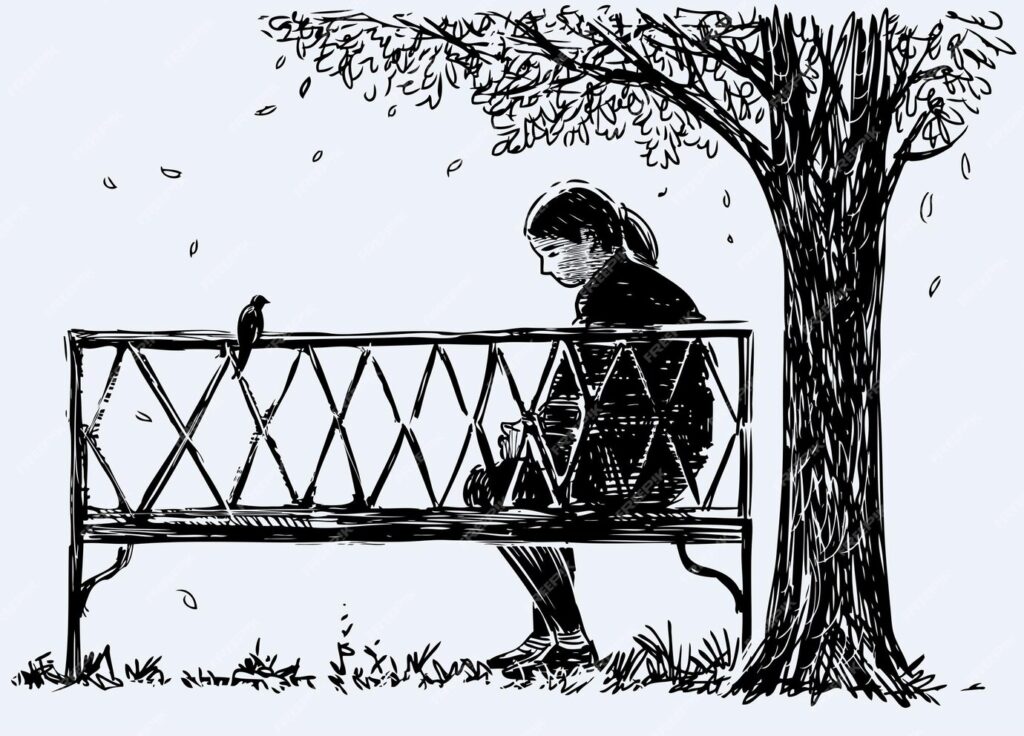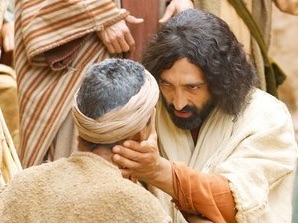Overcoming Pride with Humility
Overcoming Pride with Humility Submitted to Red Rock News for 11/01/24 Rev. Dona Johnson |October 27, 2024 Aristotle wrote that our vices and virtues are those aspects of our character that are second nature to us. Rebecca DeYoung author of Glittering Vices writes, “Christian thinkers have long considered that the work of Christianity is to continually die to the bad and rise to the good, and so the virtues and vices were incorporated into Christian teaching. The desert fathers, who left the Christian ecclesiastical structures of wealth and luxury to live lives of asceticism and take vows of poverty, living in the desert and caves of Egypt, redefined the list of vices to include nine: pride, anger vainglory, envy, gluttony, greed, fear, lust and sloth. C.S. Lewis suggests of all the vices, “Pride leads to every other vice: it is the complete anti-God state of mind…… it is Pride which has been the chief cause of misery in every nation and every family since the world began.” Although pride can be a good thing, such as taking pride in your work or family, too much pride can fuel wars, divorces, fierce competition, congregational splits, criminal acts and creates deep impasses that can permanently sever relationships. Pride, is a feeling of deep pleasure or satisfaction derived from one’s own achievements, successes or from qualities or possessions that are widely admired by others. Pride is the original sin depicted in the story of the fall of humanity in Genesis 3. Adam and Eve who ate the forbidden fruit from the Tree of Knowledge of Good and Evil, out of pride wanted to ‘become like gods,’ but they did this against the will of God. And that is exactly what pride is, it is self-centered, it seeks its own gain or advantage. Beauty, success, popularity, intellectual and athletic achievements can be sources of worldly pride. All of which can manifest into a sense of superiority and discrimination against others. Pride is the major obstacle to forgiving others. Pride prevents us from admitting our wrongs and taking an honest look at our own harmful behaviors. There is also a spiritual pride which in some cases creates ‘false prophets.’ Spiritual pride is an arrogance about Biblical knowledge. Unchecked, pride leads to selfishness, self-inflation and makes us think we are above others, above creation and also makes us feel justified to treat others poorly. In the end, pride is embedded in humanity because we forget or refuse to live out God’s will. The antidote to pride is humility. Although pride originated in the Garden, humility reaches perfection in Jesus and cross. Humility is having a right view of yourself—compared to the universe, we are God’s creatures, small, dependent, finite, limited in intelligence and ability and prone to sin. But we are also God’s children: created, loved and redeemed by the grace and mercy of Jesus Christ. Humility is also having a right view of God. God is both creator and redeemer, who has the ultimate control over our eternal destinies. Americans have a widespread, chronic reoccupation with self which is rooted in pride. Paul’s instructions in Philippians runs counter to our current narcissistic culture, “Do nothing from rivalry or conceit, but in humility count others more significant than yourselves. Let each of you look not only to his own interests, but also to the interests of others”(Phil. 2:3–4). As we refuse to be preoccupied with ourselves and our own importance and seek to love and serve others, humility reshapes our self-centeredness into outward expressions of love, sacrifice, forgiveness and service towards our neighbor just as Jesus did for us (Phil 2:5-11). Jesus who was God became a suffering servant. We all long to be loved with genuine warmth and acceptance and always laced with lots of grace. We will be starting a new series Desert Spirituality with Chris Hall from Renovare. In this series we will explore the nine vices (or sins) with virtues that bring life. Rev. Dona Johnson |October 27, 2024
Overcoming Pride with Humility Read More »










